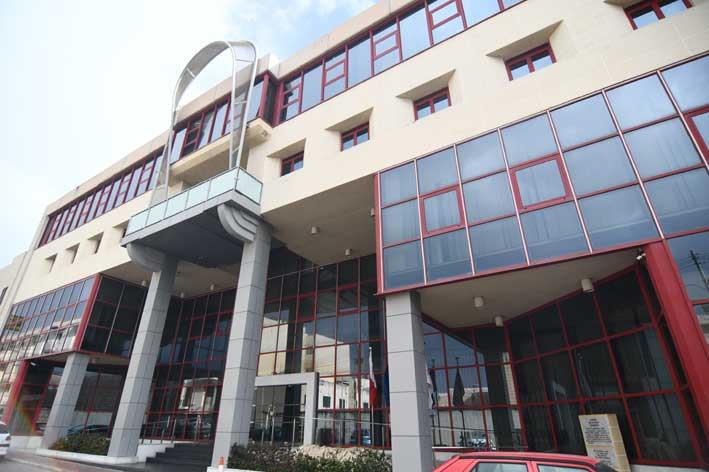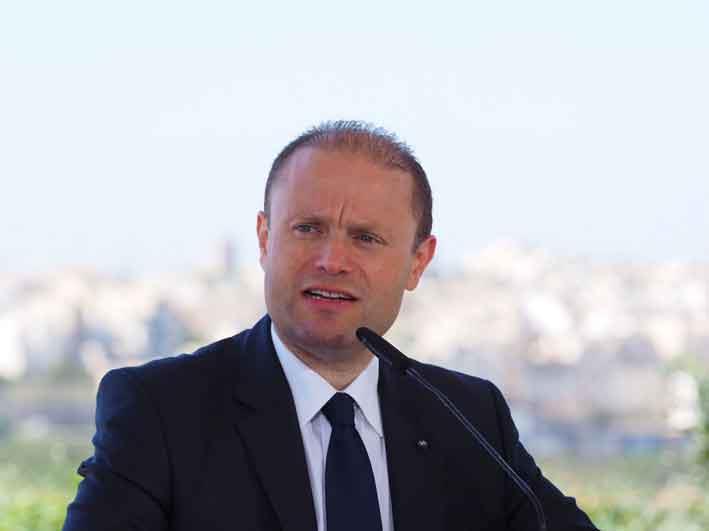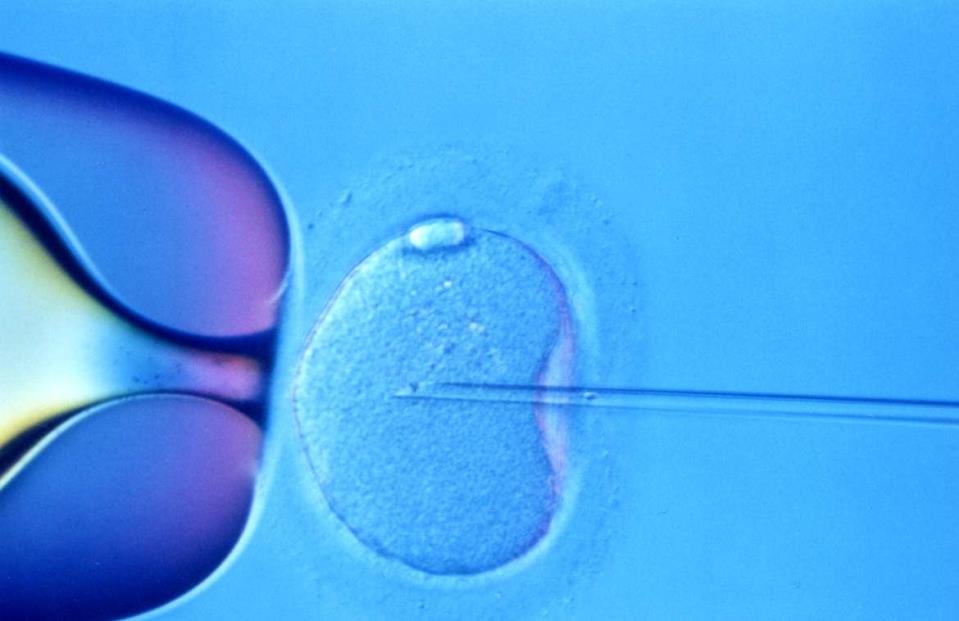A quick look at the last few decades shows that successful political leaders in Malta have one thing in common: they all reached the top echelons of the party after a long history of working in it. Do you have this crucial track record?
I was 16 years old when I first came into the Labour Party by joining the youth group. I served as International Secretary and remained there until I entered university. I was very active with the Students Council (KSU) and eventually worked to develop what today is known as Pulse.
This was a very interesting time for me. I remember the Theology Students Organisation was very active as well, especially with the participation of Charles Scicluna who today, as you know, serves as Archbishop.
Later, I became the Secretary-General of the Youth Council and even sat on tinhe executive council of the party. Four years ago I became a Member of Parliament, moved to Parliamentary Secretary and then Minister. So, all in all, I think I have gone through the ranks.

You are one of Malta's top paediatric surgeons. It is a profession in which getting results is a matter of the life or death of a child. Did this help you when you entered politics?
As a doctor, I meet a lot of different people from the whole spectrum of society. You also get to meet people at their most vulnerable. That gives you a clear picture of society. As a surgeon, I am always very result-driven. I gauge success by the results achieved, not by what I say. I try to base my decisions on evidence: this is something I have learned from my profession. The decisions I take - even at ministerial level - are always evidence-based. In fact, the first thing I did when I became Parliamentary Secretary for Health was to push for an assessment of the local health care services by the World Health Organisation.
So to answer your question, although politics and professional life are different, the approach remains the same. As a surgeon and Minister, I have shown that I am up to the job. One thing I have truly learned from being a surgeon is that you need to have a good team in order to succeed.

At the centre of this last election campaign was the question of integrity. What does Chris Fearne, as Deputy Prime Minister, bring to the Cabinet table in this respect?
I think I have always been very careful in treating this subject delicately. I pride myself on having tried to be a man of integrity and as serious as possible. One of the major mistakes made by the Nationalist Party throughout this last election campaign was their attempts to question Joseph Muscat's integrity. I am not saying that the Labour Party does not make any mistakes, but when they tried to get Joseph Muscat involved in it, it backfired.
I think I can offer further good governance and my track record shows that I have the credentials to guarantee this.
As you said, you have a good track record when it comes to results in the health sector. But do these actually work or influence the Deputy Leadership race? Does this success help at all in making you a better Deputy Prime Minister?
One of the most important things to govern is to actually be in government. The Labour Party is today going through its best phase ever. Our party was always associated with the Opposition. Now the Labour Party's natural place is the government. We need to keep the party electable, a serial winner. I am convinced that the Labour Party is capable of staying in government for another 20 years. To do so, you need to keep the party relevant.
I think I have the credentials to be electable. At least this is what the election results show - that I also attracted the floating voters.

Do you exclude that eventually you'll contest the leadership post?
I really hope that Joseph Muscat stays on as party leader for the next election. I have said this before and I mean it. I know he has indicated that he wants to contest only two elections, but I hope he changes his mind.
For me, the post of Deputy Leader is not necessarily a stepping stone for leadership. In fact, it can work the other way round.
What do you mean?
If you look at the Nationalist Party now, after the election defeat, the two deputy leaders - together with the entire leadership team - had to step down. If, as happens many times, the party starts to feel that it needs a new face after suffering a defeat, being a Deputy Leader is not ideal.
However, it can also work in one's favour, because if the wind is blowing in your sails, and the momentum is good, a deputy leader can offer certain continuity. But, there again, a week is a long time in politics, let alone four years!
If you are not elected Deputy Prime Minister, will you give up contesting the leadership post at some time in the future?
I do not preclude it. The result of this race will not really affect my intentions for the future.
Would you not be risking this very positive track record by contesting a race that you might not win?
The Prime Minister has entrusted me with one of the biggest Ministries, budget-wise at least. I can choose to concentrate on this alone, but I feel I want to contribute more to the party. The party members can choose someone else and it would not be a tragedy.

Speaking of future political posts, there is a rumour that Joseph Muscat might be interested in a political post in Europe after the next election. Do you have similar ambitions?
My ambition is to continue serving Malta. I am contesting this deputy leadership race because I have the drive and energy to work within the party's structures for the next 10 years. I am convinced we can win the next three elections, if not more.
You were the only Labour politician who predicted a Labour victory with 40,000 votes. How were you so sure?
Throughout all my political career and professional life, I have been in touch with the people. Although there are more scientific ways of gauging the public's views - such as with surveys - I think I felt the public's pulse. I came up with that 40,000 figure at a time when there was a really feel-good factor in the country and the government. There were times, later on, when I doubted that it would really happen, but I felt the same momentum in the last couple of weeks. I was so sure that I repeated the claim on INDEPTH.
Joseph Muscat has entrusted you with one of the largest and most crucial ministries. How do you get on with your boss?
I am honoured to be serving the Prime Minister in this sector once again. I admire Joseph Muscat: I think he has vision and, despite the fact that he is younger than me, I still look up to him as a mentor. Our working relationship is excellent and I believe that, as Deputy Prime Minister, we will be a formidable team.

Over the last few years, Joseph Muscat has successfully put liberal and progressive issues onto the national agenda. Will Chris Fearne - as Deputy Prime Minister - add to this momentum?
My progressive agenda is very evident. In the last legislature, we introduced the new law on IVF and further measures will be introduced in this regard in this legislature. But apart from that, I am full of energy and very willing to work hard.
The next time around, the PL will be facing the uphill battle of trying to win three elections in a row. It will also be an election without what has been Labour's winning card: Joseph Muscat. Does this daunting challenge not scare you?
On the contrary, it is interesting to be in a winning position and having to face the challenge to win again. I think we have the formula to stay in government.